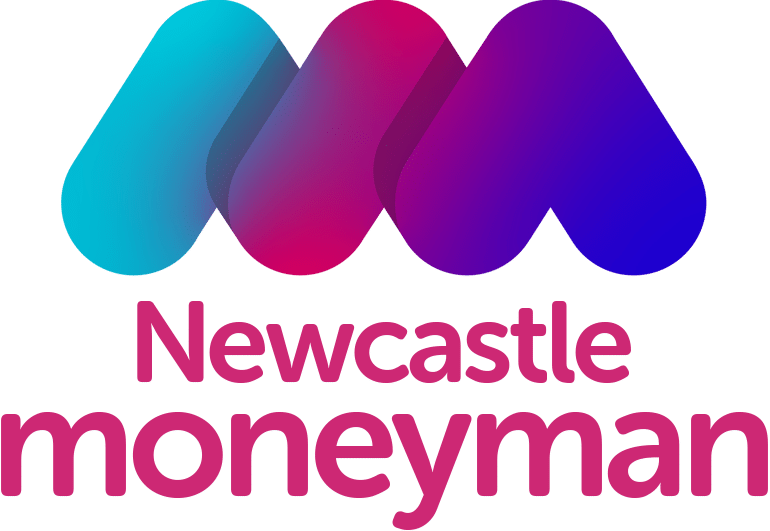Mortgage Advice in Newcastle for the Self Employed
Business owners, directors and self employed individuals deal with a lot of stresses that many employees don’t see or understand.
From the day-to-day running of a business and keeping employees happy to not knowing how much you might be taking home at the end of the week, there are also effects on your non-work related life.
Mortgages being a big part of that. Many people in these roles worry about how much they can borrow and if they’ll qualify. Here, we take a look at self-employed mortgage advice, including business owners and directors.
Mortgage Advice for the Self Employed
No matter how well people are doing, they tend to try and keep their tax liability as low as possible. This is usually as a result of Accountants encouraging you to put your expenses through as high as possible to keep profits low.
The issue with this is that it causes a problem when it comes to borrowing money because it looks like you’re not earning much. And, unfortunately, you can’t have it both ways! Generally, you have to decide whether you want a lower tax bill or better borrowing credentials.
Luckily though, there are lenders out there that will assess your income in several different ways. Some lenders will lend more than others and our role is to find the one most suited to your requirements.
For example, most lenders average the last two years earnings, but we have access to others that only consider the latest year. This can be beneficial if you’ve seen an upturn in business over the last year.
Mortgage Advice for Directors
Again, if you’re the Director of a Limited Company, lenders can assess this in different ways. Some will average the last two years of salary, plus dividends.
However, others class you as employed unless you own a certain percentage of the company. In these circumstances, even if you are a Director, they might consider going off your payslips for the last three months.
This, similar to above, can be beneficial if the last three months have been more favourable.
Mortgage Advice for Low-Dividend Business Owners
As well as the above, some business owners run highly profitable organisations but only feel the need to take a low dividend in order to keep cash in the business.
This type of applicant can be disadvantaged by the salary plus dividend method as their earnings will appear low. As a result, they will seem less attractive as a borrower.
However, there are lenders out there that will consider using the net profit of the Limited company to solve this problem.
If your business is due to complete a set of accounts, you can contact us with the projected figures. We can then use that information to calculate what your maximum borrowing would be.
However, if this seems the best route, then accounts would need to be finalised prior to a formal mortgage application being made.
In summary, calculating maximum borrowing capacity for a self employed mortgage applicant really is a minefield – you could easily go to 10 different lenders and get 10 different answers!
In fact, I would quite expect exactly that to happen. If you need to maximise your borrowing capability, I would urge you to use a Mortgage Broker. Their knowledge and experience will mean that they can get the best deal for you.
Open & Honest Mortgage Broker
Date Last Edited: April 5, 2023














